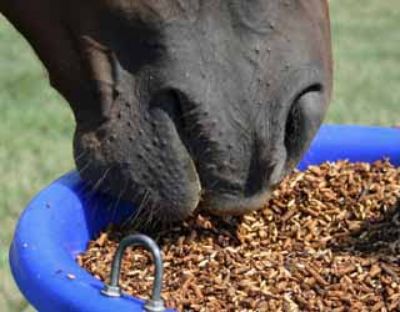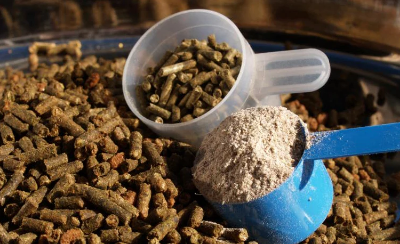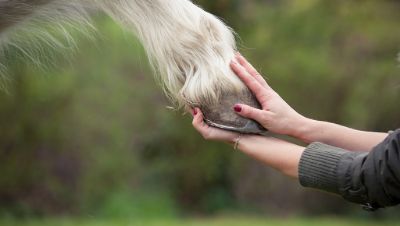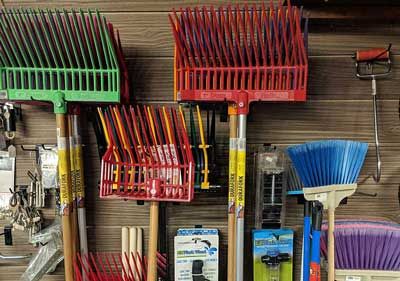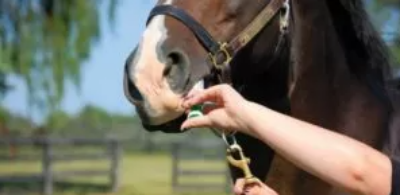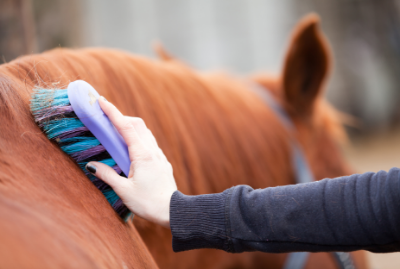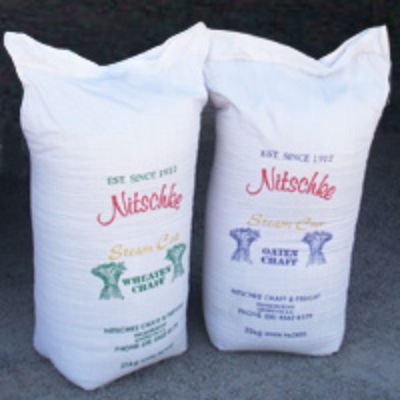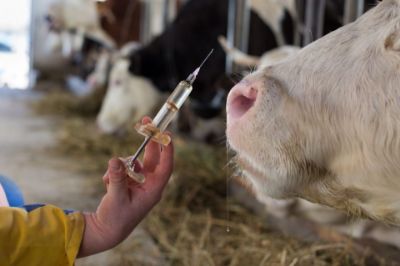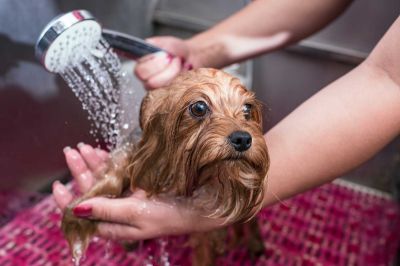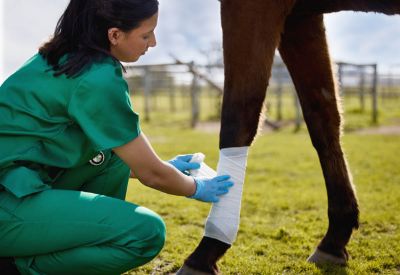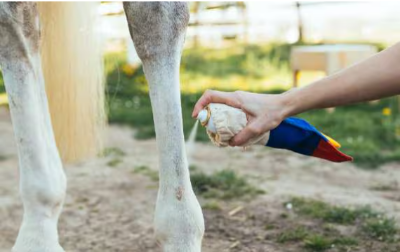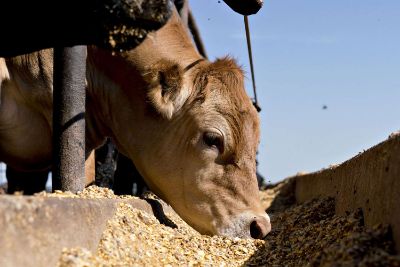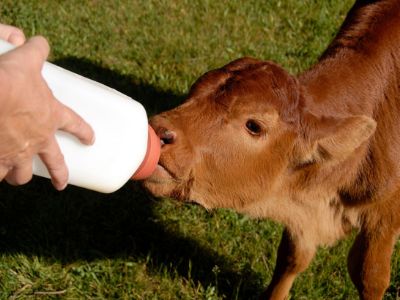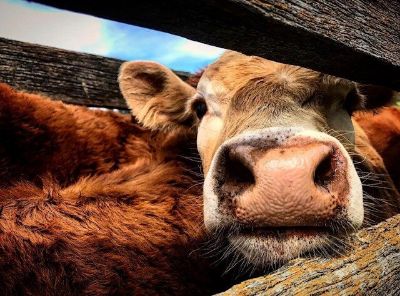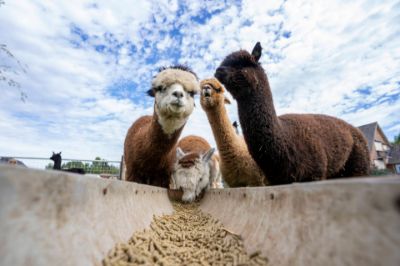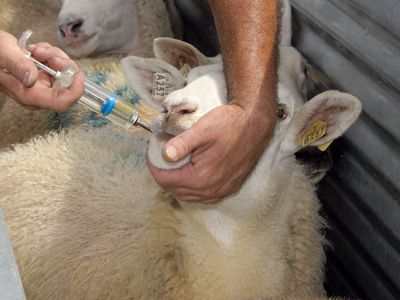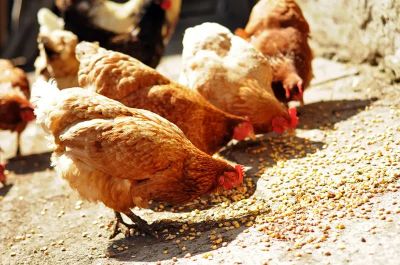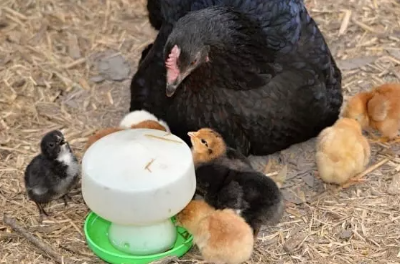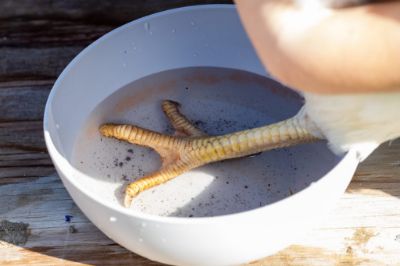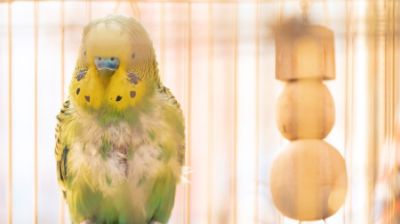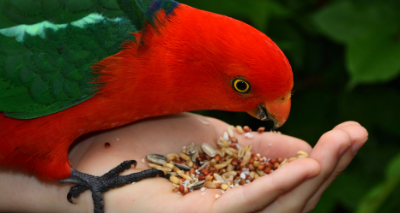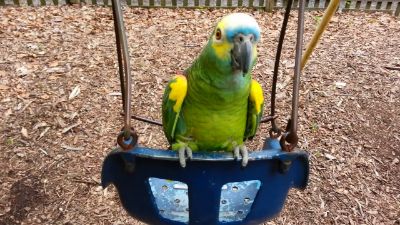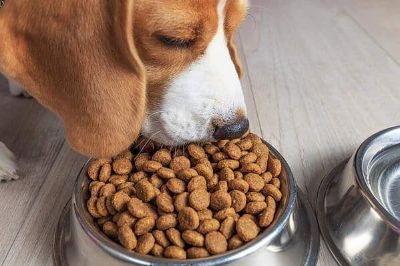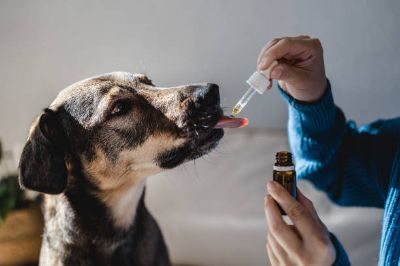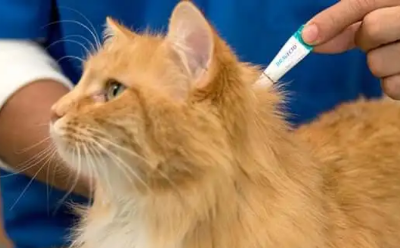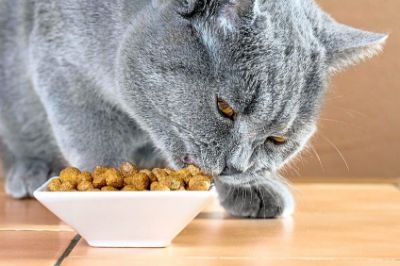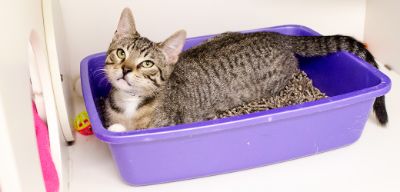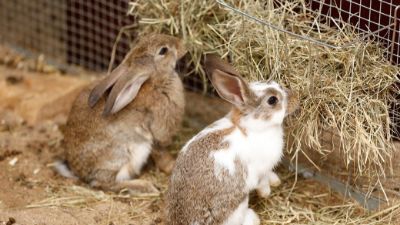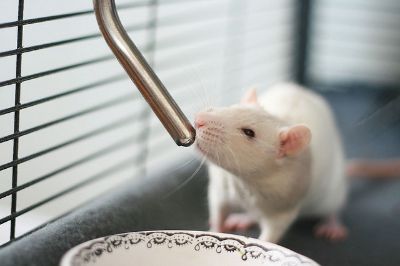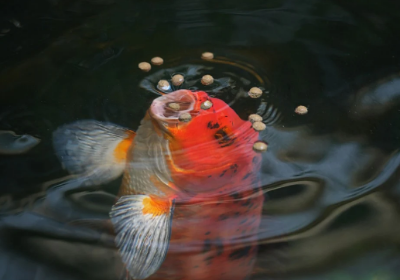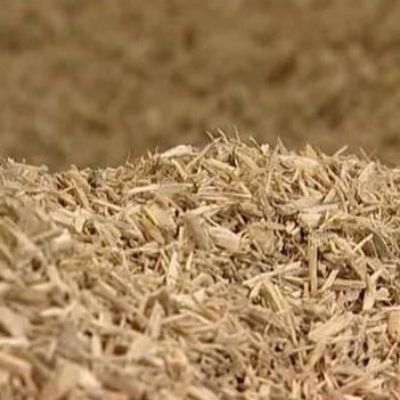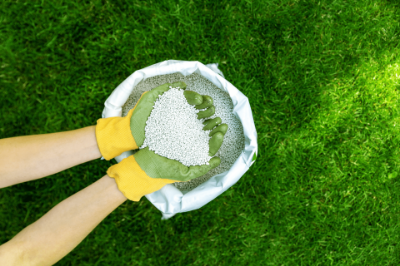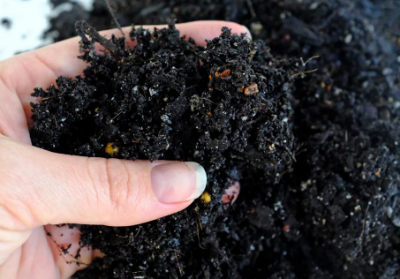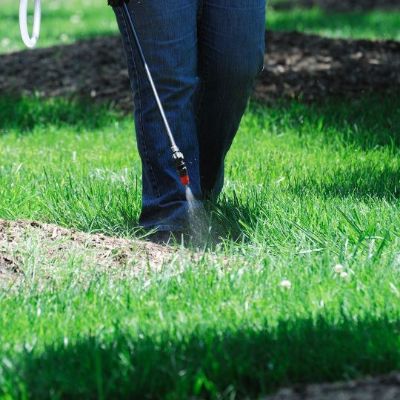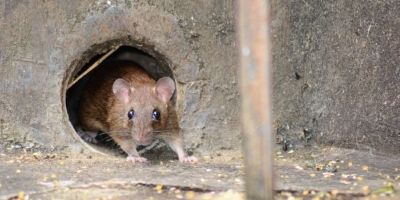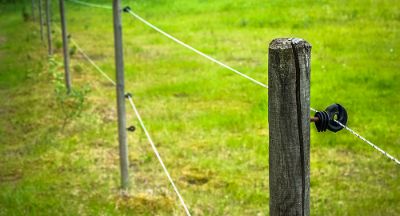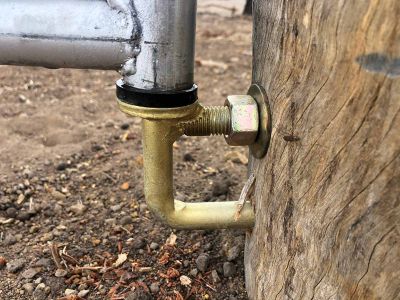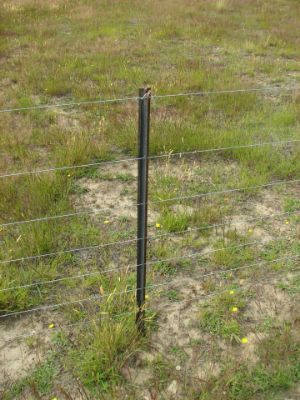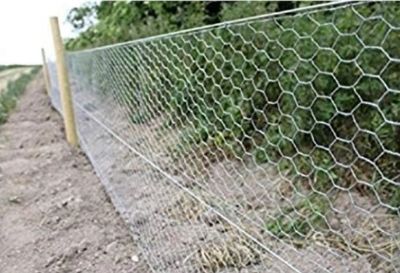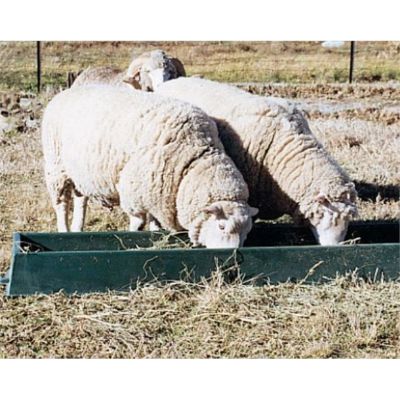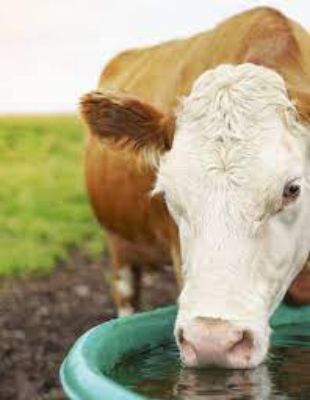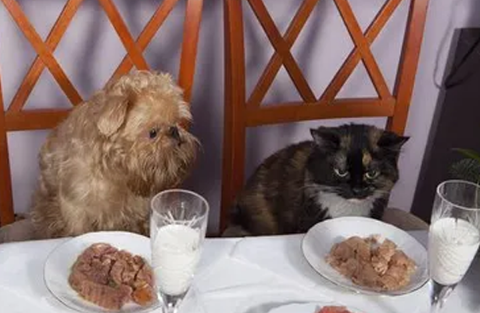
Feeding a fussy family can be challenging enough, but when your pet refuses to even taste their favourite gourmet treats it can be frustrating and a little concerning. Whether your dog is reluctant to finish his biscuits or your cat simply won't eat, there are many reasons why a pet might go off its food.
As a first step, check for signs of ill health. If your pet turn their nose up at more tan one meal, its a good idea to get them checked by your vet to rule out any physical healthier issues that might be going on.
But if there's no health issue and your finicky pet is just waiting for something tastier to come along, there are a number of methods you an employ to convince them to lick the bowl clean.
Keep your pet healthy
Ensuring your four-legged friend is in top condition will not only keep them happy, it can help prevent illness. Its important that your pet maintains good oral hygiene. If left untreated, poor dental hygiene can result in a build up of bacteria, characterised by bad breath and bleeding gums which can make eating painful for your pet and may lead to serious health conditions involving the heart, liver and kidneys.
To maintain good oral hygiene, feed your pet specialised dental foods such as kibble, which is aid to help keep teeth clean by scraping off plaque and tartar. Alternatively raw bones are really good for cats and dogs to chew on the keep their teeth healthy.
Pets also lose appetite due to stress, stress and anxiety are probably the most common things.
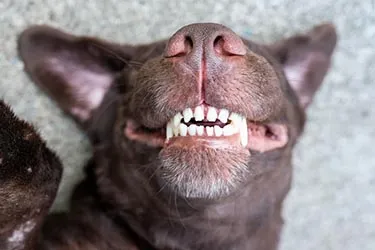
Be careful of what you feed them
There's no right way to feed your pet as long as nutritional requirements are met. But just like us, pets enjoy variation in their diet. Some pets will eat whatever they're offered, while others will be a bit fussier. For the fussier eaters it can help to make food taste or smell better by mixing in something like tuna or sardines, which have strong smells and tastes.
Likewise, adding table scraps to high-quality dry food is a good idea, but be warned not all foods are suitable for pets. Some human foods like chocolate, grapes, onions and mushrooms can be toxic to pets.
Don't encourage bad habits
If you indulge your pet with treats throughout the day, you may encourage fastidious eating habits.
Lots of people unintentionally teach their pets that if they turn their nose up at food something better will come along. Only feed your pet from the bowl and avoid leaving food out all day, leaving food out just reinforces tat they have all day to eat it. Give them food and walk away. After 10 minutes, remove what hasn't been eaten so the next time you offer it they'll be more likely to eat it because they know it won't be there the whole day.
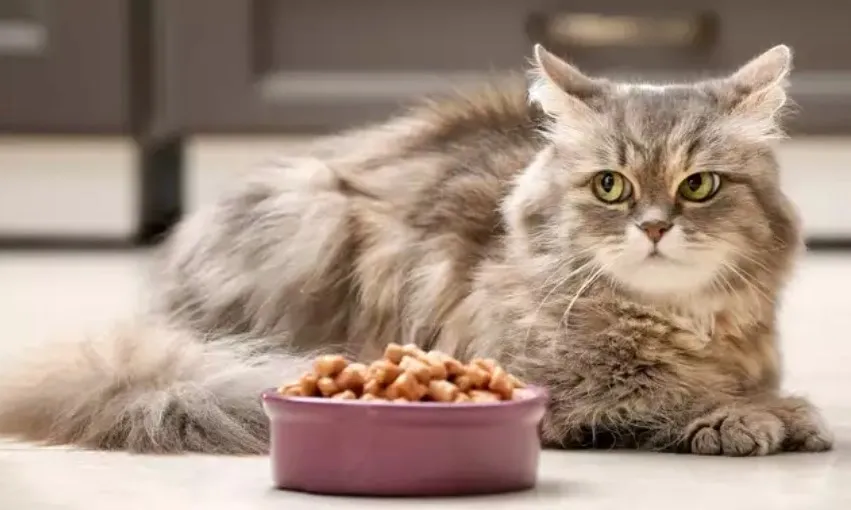
Your pet will relish a mealtime challenge
Lots of people feed their pets once or twice a day, but this isn't what would happen in the wild. In the wild, animals eat almost anything but in our homes they learn thy can be more selective. Studies show animals prefer working for food. This is where a food dispensing toy comes in handy. The food is put inside the toy and to get it cats and dogs need to bat it around, that way you're giving them a task to face in the same way wild animals do.
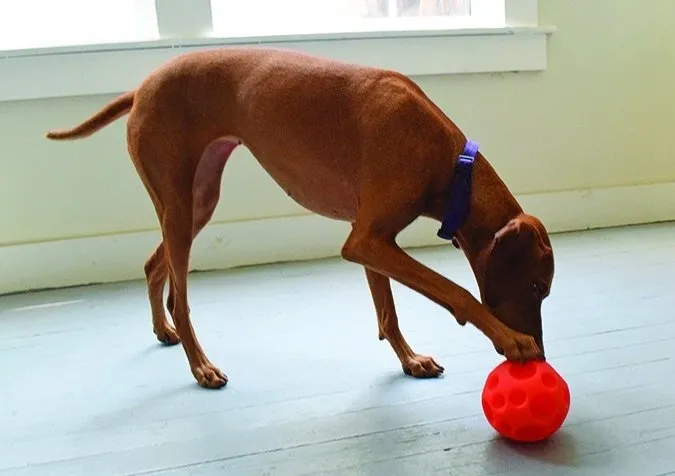
A happy home
Fussy eating could be a sign something is wrong in the home. If your pet has recently travelled, moved to a new home or been introduced to a new pet or baby its likely the loss of appetite is due to stress. A comfortable and safe location that suits your pet will help ensure they remain happy, healthy and content. Bored pets can also become destructive and may decide to eat things in the backyard. Providing pets with mental and physical stimulation will prevent those behaviors.

